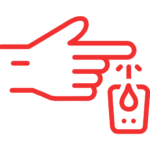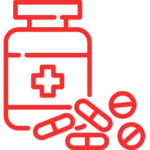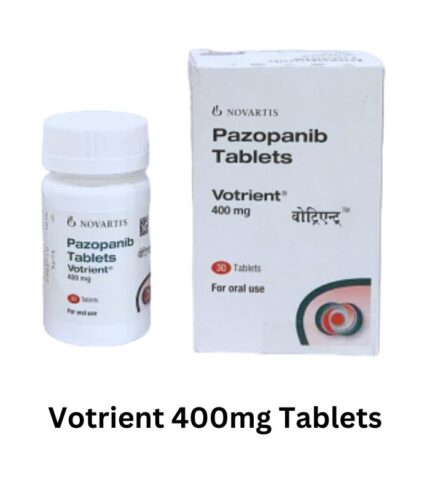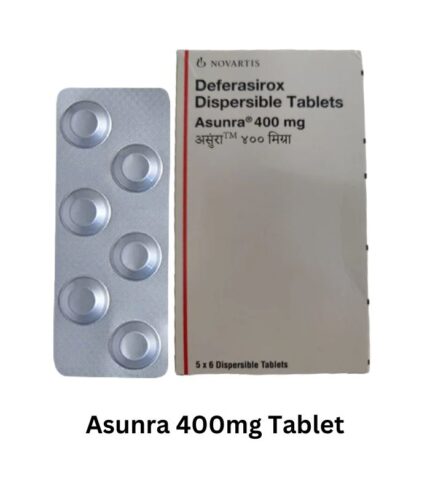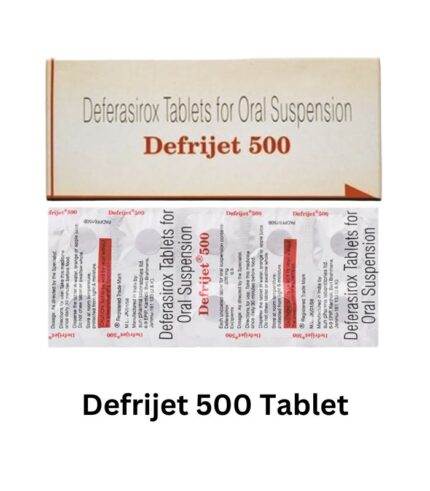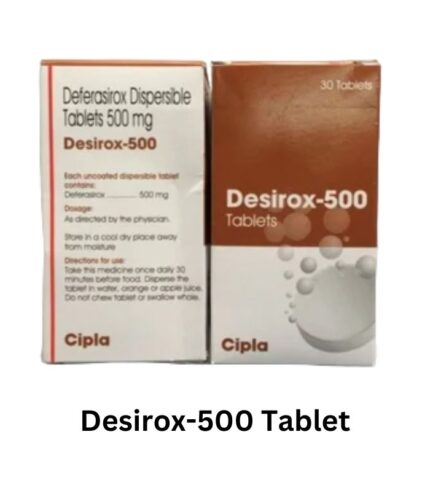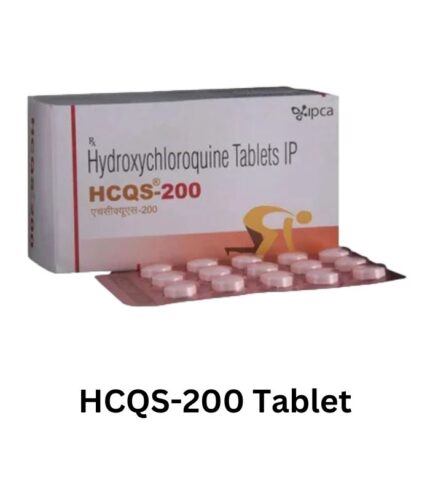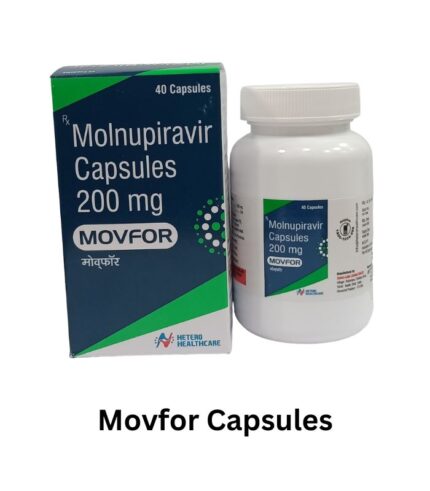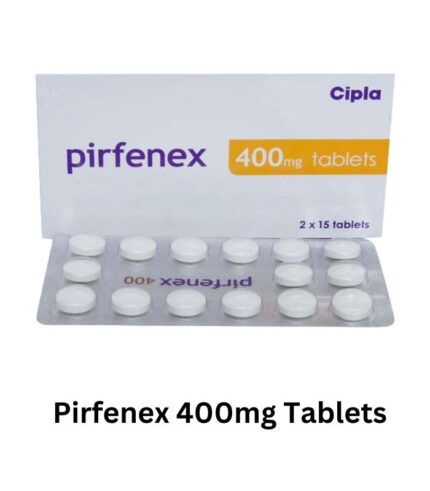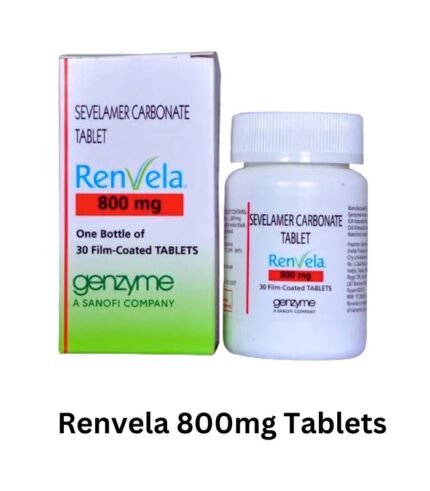Introduction of Revlamer 800 Tablet
Revlamer 800 Tablet is primarily used for controlling high phosphate levels in patients with severe kidney disease on dialysis. By inhibiting phosphate absorption from the intestine, it effectively reduces phosphate levels in the blood and prevents complications like bone and cardiovascular disorders.
Salt Composition of Revlamer 800 Tablet
- Sevelamer: 800mg
Uses of Revlamer 800 Tablet
- Treatment of hyperphosphatemia (high phosphate levels) in patients with chronic kidney disease who are on dialysis.
Benefits of Revlamer 800 Tablet
- Reduces elevated phosphate levels in the blood.
- Prevents complications related to hyperphosphatemia, such as bone and cardiovascular issues.
- Helps in maintaining balanced phosphate levels in dialysis patients.
Side effects of Revlamer 800 Tablet
Common side effects include gastrointestinal disturbances, which usually subside as your body adjusts to the medication. Consult your doctor if side effects persist.
- Common side effects:
- Abdominal pain
- Nausea
- Vomiting
- Constipation
- Diarrhea
- Flatulence
How to use Revlamer 800 Tablet
- Take Revlamer 800 Tablet as directed by your doctor.
- Swallow the tablet whole with food. Do not chew, crush, or break the tablet.
- Take it at regular intervals as prescribed for maximum benefit.
How Revlamer 800 Tablet works
Revlamer 800 Tablet contains Sevelamer, a phosphate binder that works by binding dietary phosphate in the gut, preventing its absorption into the bloodstream, and thus lowering phosphate levels in patients with chronic kidney disease.
Safety advice for Revlamer 800 Tablet
- Storage: Store the medicine in a cool, dry place, away from direct sunlight.
- Keep out of reach: Ensure the medication is stored safely away from children and pets.
- Inform your doctor: Discuss any pre-existing health conditions and medications you are taking before starting Revlamer therapy.
Caution
- Use as prescribed: Follow your doctor’s recommendations for dosage and administration.
- Regular monitoring: Your doctor may schedule regular check-ups to monitor phosphate levels and assess treatment effectiveness.
- Supplement requirements: Due to possible depletion of certain nutrients (calcium, folic acid, vitamins A, D, E, and K), your doctor may recommend additional supplements during treatment.





